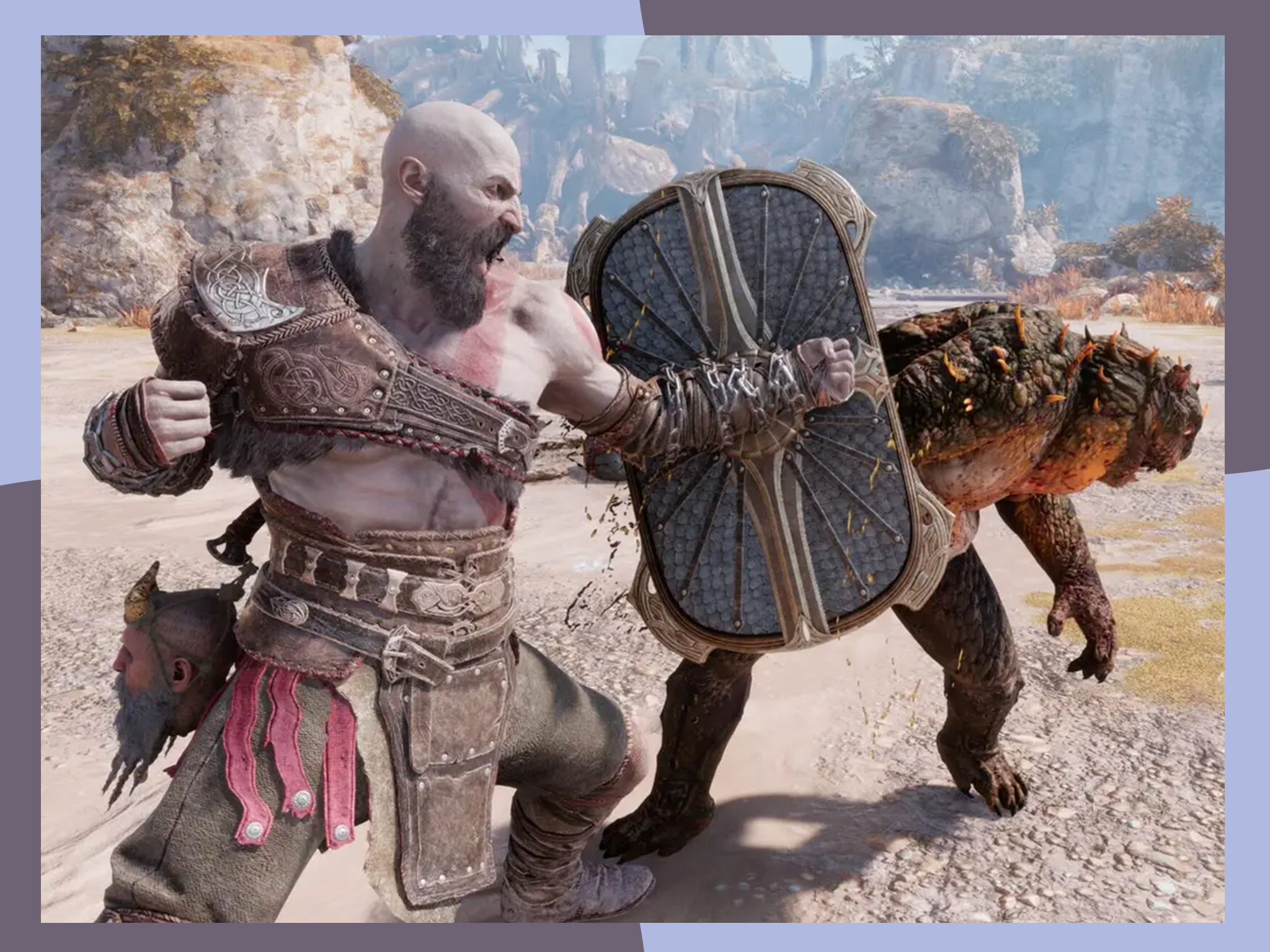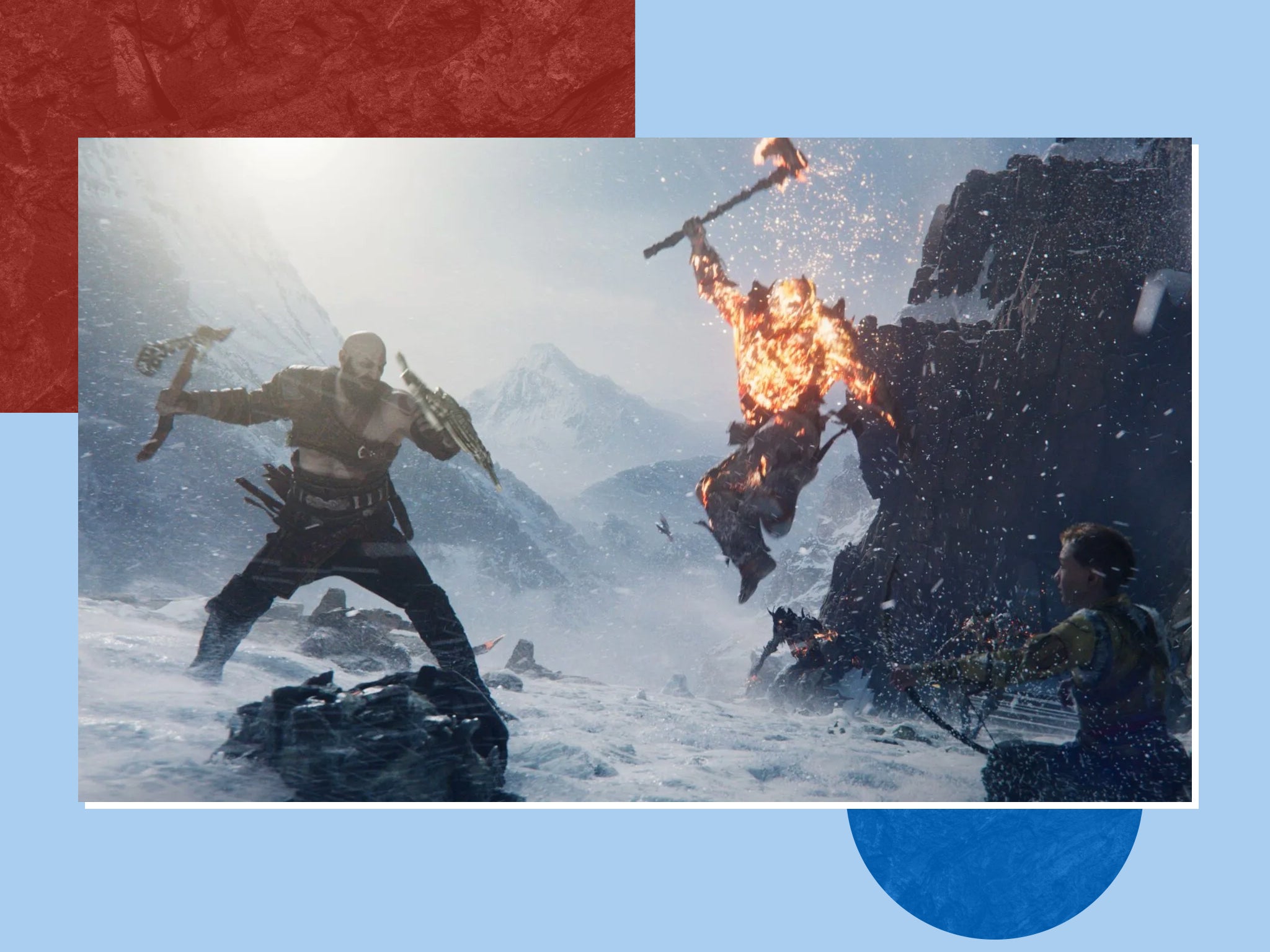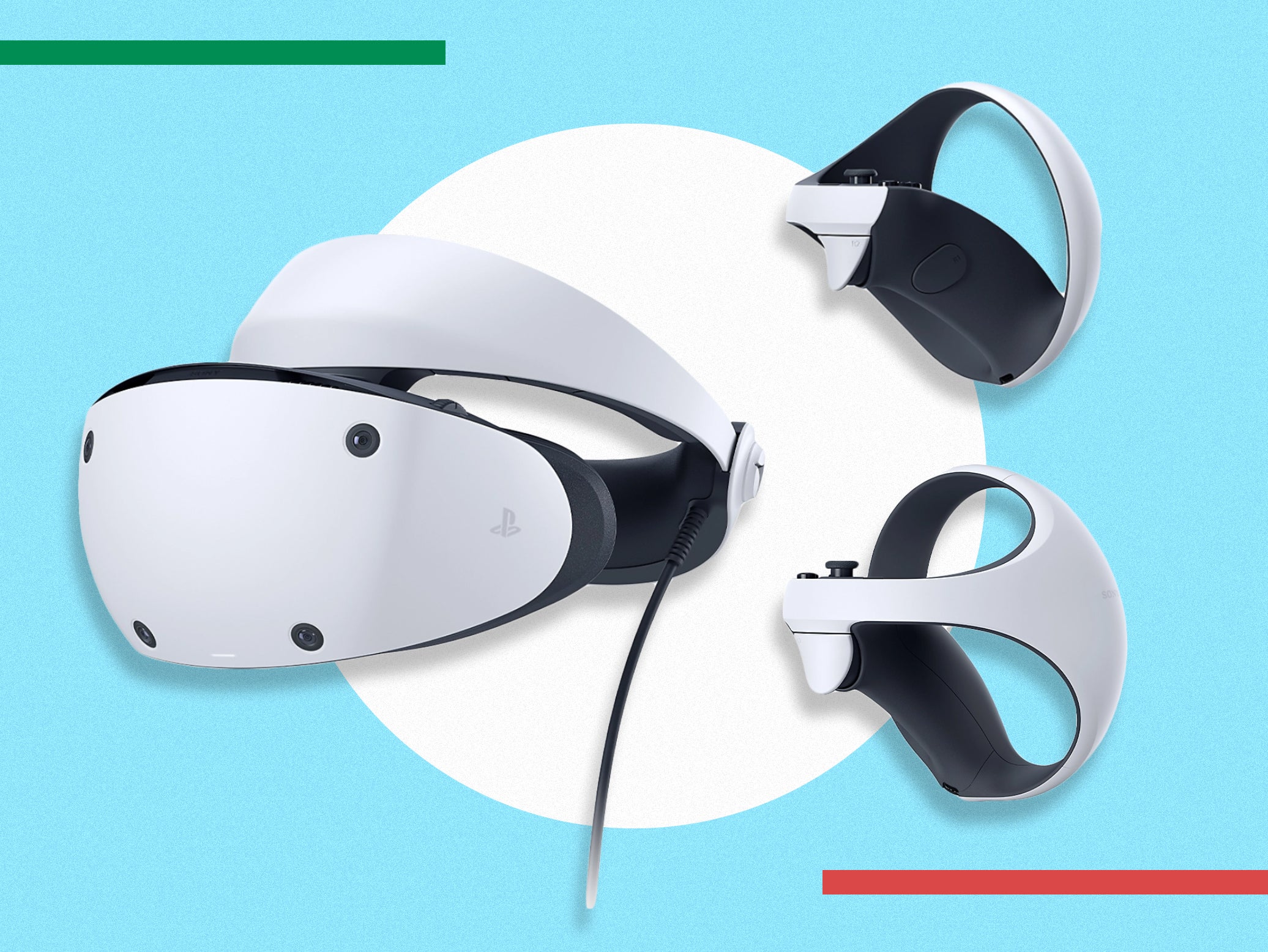‘God of War Ragnarok'

- Release date: 9 November 2022
- Publisher: PlayStation Studios
- Developer: Santa Monica Studios
- Age rating: 18+
A number of years has passed since the events of 2018’s God of War, with the true nature of Kratos’s son, Atreus, having been revealed at the end of their last adventure, which was also directly prophesied as the beginning of “Ragnarok” – the end of all things.
While a seemingly understandable call to arms – prevent existence itself from imploding – Kratos’s main concern is keeping out of the hateful gaze of the remaining Norse gods, and spending what remaining time he may have left with his son. Atreus, on the other hand, is insistent that what little time left should be spent in pursuit of a solution to the impending cataclysm, rather than licking their wounds.
As with 2018’s God of War, the pitting of an endless cycle of violence against a sense of duty reverberates loudly through all nine of Ragnarok’s realms, while continuing to explore the nuance’s of their father-son bond at great depths. Of course, there’s tension and resentment that waxes and wanes through their relationship but it’s ultimately held together by a mutual respect and trust for one another that has blossomed through their various trials and tribulations.
Read more: Best deals on God of War Ragnarok
Kratos and Atreus’s growth is placed front and centre in their (literal) saga but the supporting cast feels more endowed with purpose than a simple rogues’ gallery. All of the recognisable gods that appear are elevated from their usual depictions for a contemporary reimagining, with traditional tales of the Norse pantheon given modern sensibilities.
Each of the characters encountered on the journey is intriguing enough, but their behaviours and personalities as a way for familial struggles to be personified make them not only a framing device for Kratos and Atreus’s own relationship, but players will likely find their own parallels with them too. It’s a testament to how well crafted each of these characters is, regardless of the amount of time they appear on screen. Depictions of trauma, grief, substance abuse, and coercion are all present but meaningfully framed in a way that’s respectful to the intended audience.
Read more: Everything we know about PS VR2
The expanse of Ragnarok’s scope compared with its prequel is monumental. “Fimbulwinter” – the precursor to Ragnarok itself – has set in across all the realms, leading to a seismic shift in the natural balance of things. Familiar lands such as Midgard and Alfheim have been reimagined with a sense of overlying doom. Drastic shifts in temperatures and the increase of natural disasters may be a not-so-subtle way of illustrating the beginning of the end, but its immediacy and characters’ trepidation to the snap-change is palpable.
Other new areas, such as the dwarven realm of Svartalfheim, also act as a thoughtful and era-appropriate backdrop to the heroes’ saga, with different areas being visited in great abundance. The areas that can be visited at numerous times also serve to act as places of interest for other quests, or “favours”, outside the story’s scope. These are substantial in the time it takes to undertake them, but also offer worthy enough rewards for seeing them through to completion – in terms of expanding Ragnarok’s established narrative and corporeal benefits to add to Kratos and Atreus’s extensive collection.
Read more: Upcoming PS5 games for 2022 and 2023
Where Ragnarok really shines is its combat, with a tightly whisked mixture of existing weapons, while expanding on those existing formulas in a meaningful way. The leviathan axe is a deft ice-based tool that can be thrown and recalled for a satisfying combination of close and ranged attacks that neatly pair with the fire-based blades of chaos that can cover wide areas. Switching between both is near-effortless and learning the intricacies between how both can play off each other makes for an even more rewarding cocktail of flurries and blows.
Kratos’s own arsenal expands beyond this, with upgrades, runic elements and skill trees, along with more substantial improvements to his versatility on the battlefield, which are best left for you to discover.
Where Kratos delivers in heavy blows, Atreus is a nimble companion. Able to stun enemies, move quickly and execute commands given by his father, while still making himself as much of an asset to Kratos’s one-man army as well as being formidable in his own right. Atreus can also switch between two types of arrows that cause different effects on hordes of enemies and the environment. Having access to his own skill tree also allows Atreus to progress in tandem with his father, giving him more agency than simply acting as Kratos’s sidekick.











